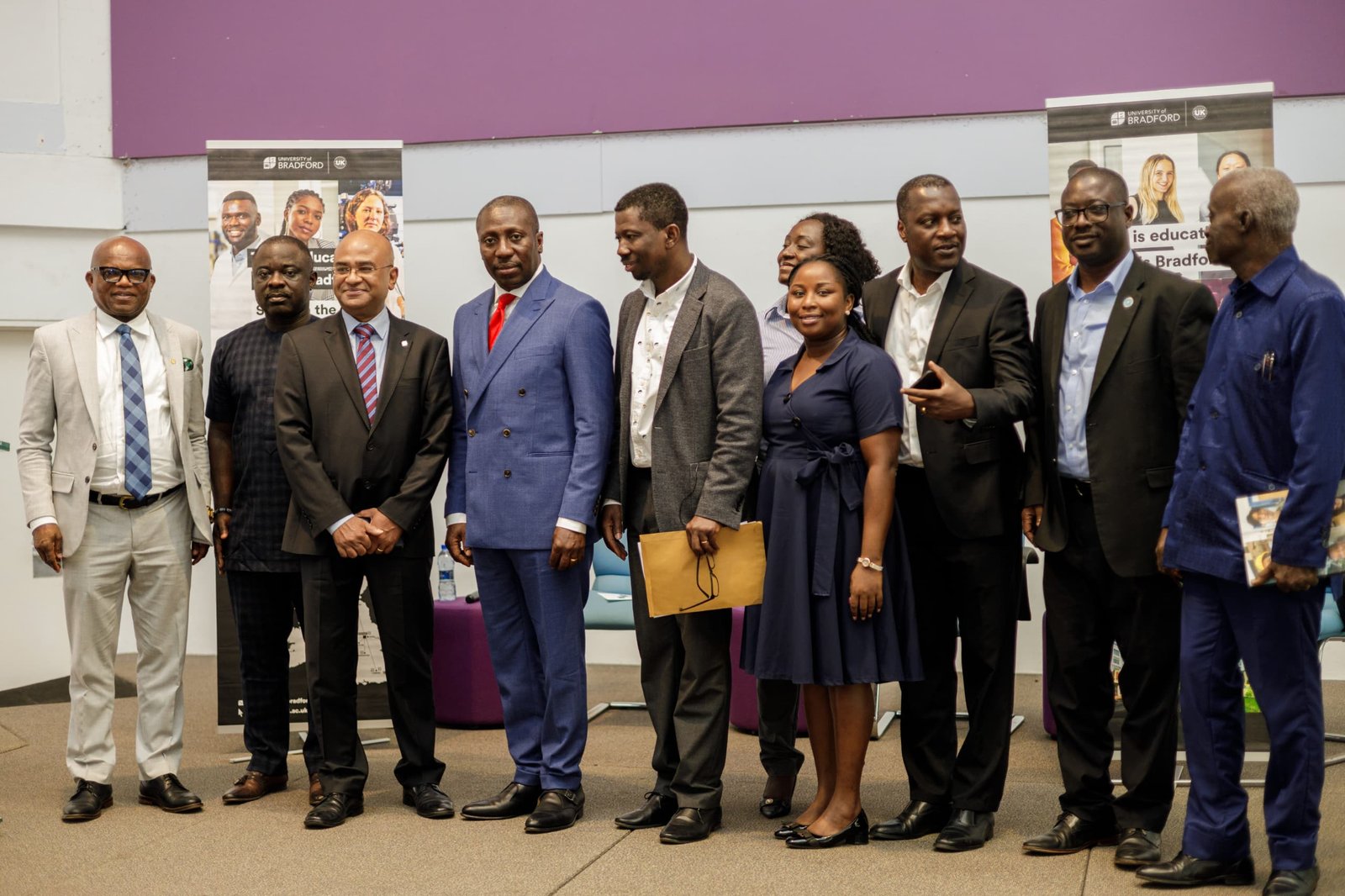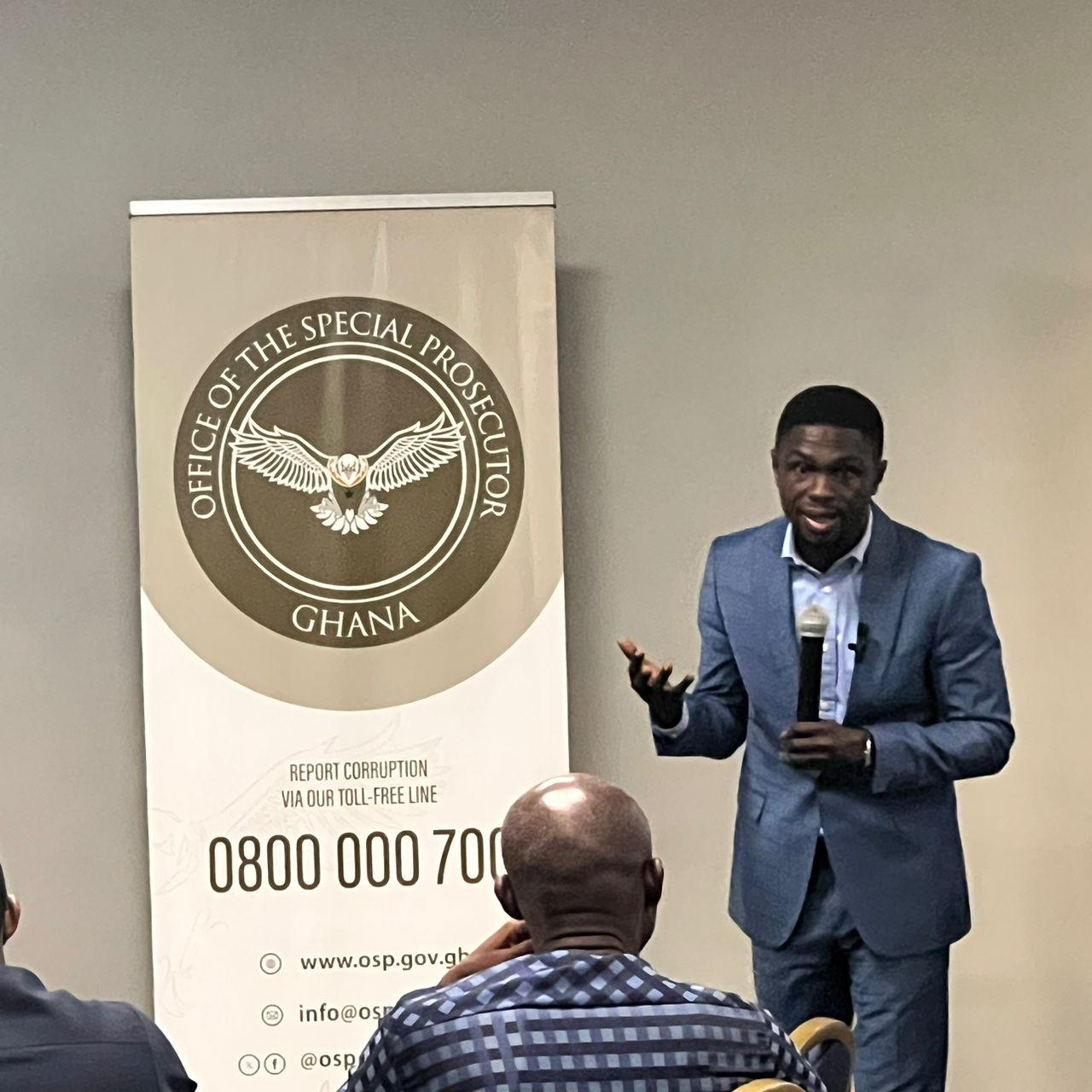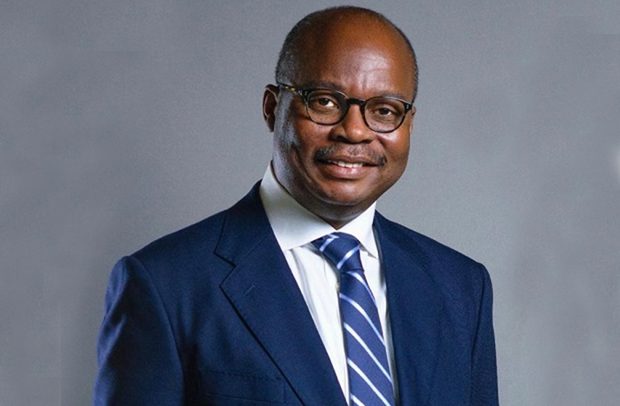
A five-day regional training workshop on principles of effective financial governance in the Economic Community of West Africa States (ECOWAS) monetary zone is underway in Accra.
Organised by the National Institute for Legislative and Democratic Studies (NILDS) in collaboration with the West African Institute for Financial and Economic Management (WAIFEM) with support from the African Capacity Building Foundation (ACBF), the seminar forms part of the Institute's capacity building project, dubbed, NILS-CAP II.
Participants included staff of Finance and Public Accounts Committees of national parliaments, staff of ministries in charge of Finance and Economic Planning, staff of Trade and Exchange Units of Central Banks, staff of ECOWAS institutions and agencies, drawn from all 15 ECOWAS member states.
Director-General of NILDS, Professor Ladi Hamalai opening the workshop yesterday in Accra said the workshop would focus on mobilising and distributing revenue equitably and assuring fiscal sustainability and credibility.
Other areas of concern during the workshop was matching resource allocation in line with development priorities and cost effectiveness, controlling expenditure while enhancing efficient management and protecting due process, he added.
The focus areas, he stated was to address deficiencies that inhibit transparency and accountability in financial governance within the sub-region.
"The recent Ibrahim Index of African Governance in 2017, which is a home-grown credible development index, rated the ECOWAS region poorly. This situation calls for concern and action including building the capacity of staff in carrying out best practices of financial governance," Prof. Hamalai noted.
Thus, the workshop, he said was expected to bring out basic conceptual framework of public finance which involves tax administration, budget, preparation, execution, control and audit, all geared towards ensuring accountability in governance and propel economic development.
It would further establish a home-grown voice on sound public finance management principles, auditing practices and credible tax systems that relate to the economic and social dynamics of member states of ECOWAS monetary zone, he stated.
Prof. Hamalai said "we hope to identify in this forum the challenges of realising good financial governance and create credible political efforts towards achieving good financial governance reforms to cut out corruption and financial recklessness."
Mr Dickson Antwi, Senior Programme Officer, AFCB, said the workshop was timely and relevant in providing guideposts and peer review systems among the regional member countries and curb diversion of funds for developmental projects, which was a constraint to economic development in the sub-region.
He said challenges that impede development require the concerted and collective efforts of all individuals, groups and organisations in building the capacity for governance of finances through human and institutional support.
Since its establishment in 1991, the AFCB, Mr Antwi said has committed about US$700 million to various capacity building initiatives across the continent to support development efforts.
Read Full Story





















Facebook
Twitter
Pinterest
Instagram
Google+
YouTube
LinkedIn
RSS